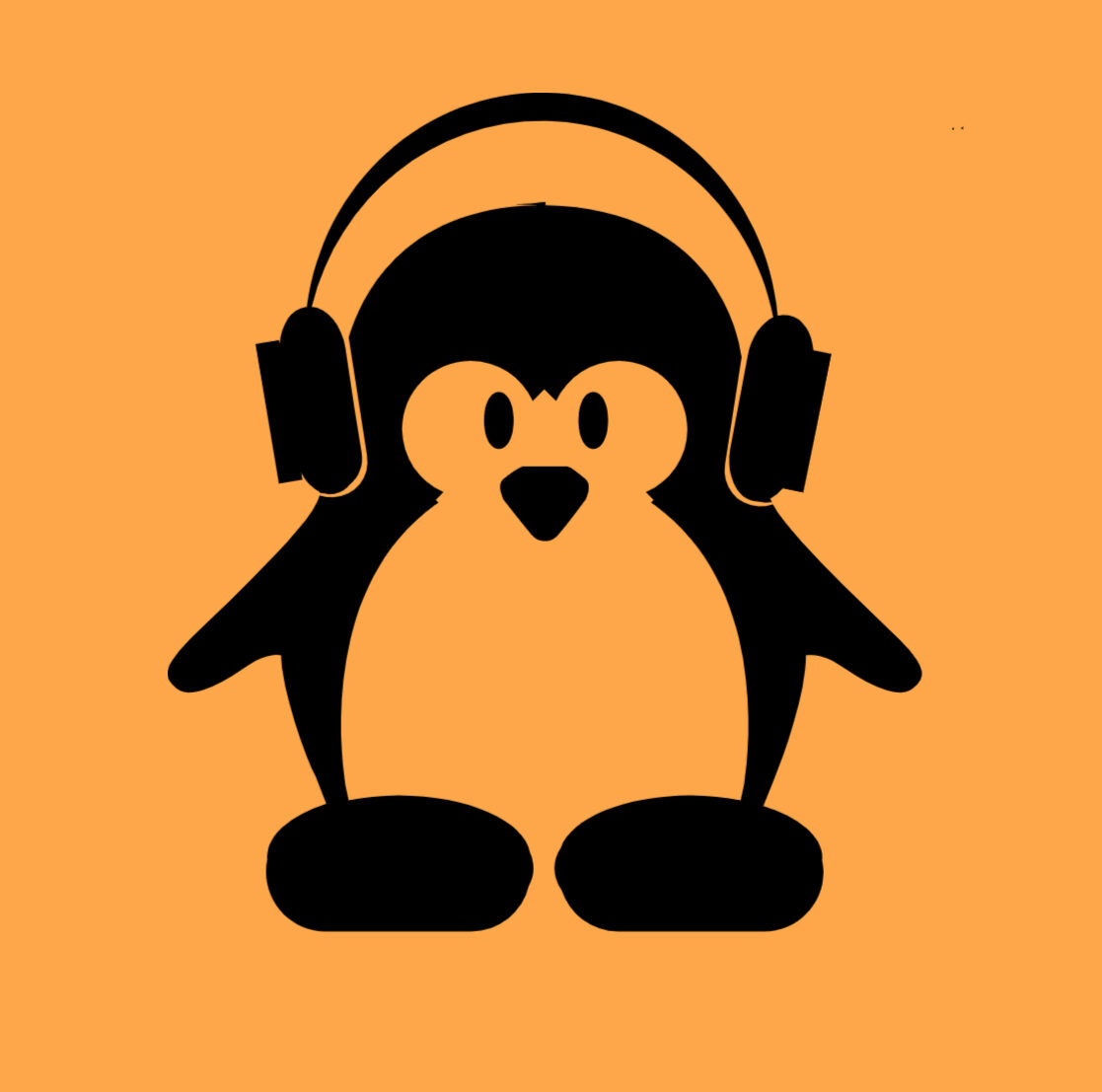Alternative Music in the 90s vs. 2000s: A Musical Journey
Introduction
The alternative music scene of the 90s and 2000s holds a special place in the hearts of music enthusiasts. These two decades witnessed the rise of diverse musical styles and the emergence of influential bands and artists. In this blog post, we will explore the different ideas that emerged during these periods, delve into the public reception, and share an opinion on which decade was better in terms of alternative music. So let’s embark on this nostalgic musical journey and relive the magic of the 90s and 2000s!
The 90s: Grunge, Britpop, and Experimental Sounds
The 90s was a decade characterized by alternative music genres that pushed the boundaries of traditional rock. Grunge, with its raw and angsty sound, emerged from the Seattle scene, spearheaded by bands like Nirvana, Pearl Jam, and Soundgarden. Grunge not only influenced the music scene but also became a cultural movement.
Simultaneously, across the pond, Britpop took the UK by storm. Oasis, Blur, and Pulp led the charge, providing a refreshing blend of catchy melodies and poignant lyrics that resonated with a wide audience. Britpop celebrated British culture and was seen as a response to the dominance of American grunge.
The 90s also witnessed the rise of experimental sounds. Artists like Radiohead and Björk incorporated electronic elements, intricate compositions, and introspective lyrics, challenging conventional music norms. This era showcased a diverse range of alternative music styles that captivated fans around the world.
The 2000s: Emo, Post-Punk Revival, and Indie Rock
As the new millennium arrived, alternative music continued to evolve. The 2000s saw the rise of emo, a genre characterized by introspective and emotionally charged lyrics. Bands like My Chemical Romance, Fall Out Boy (one of my favorites), and Dashboard Confessional garnered massive popularity among teenagers, providing an outlet for their emotions.
Another significant movement during the 2000s was the post-punk revival. Bands like The Strokes (another favorite), Interpol, and Yeah Yeah Yeahs drew inspiration from the energetic and raw sounds of post-punk bands from the late 70s and early 80s. This revival injected a fresh dose of urgency and swagger into the alternative music scene.
Indie rock also gained prominence during this period. Arcade Fire, The White Stripes, and Arctic Monkeys emerged as indie darlings, blending elements from various genres to create infectious and memorable tunes. This era witnessed the democratization of music production and distribution, with many indie bands achieving success through online platforms.
Public Reception: Comparing the Decades
The public reception of alternative music in the 90s and 2000s was significant, albeit in different ways. The 90s brought alternative music to the mainstream, with grunge and Britpop dominating the airwaves. The cultural impact of these genres was immense, as they spoke to the disillusioned and disenchanted youth of the time.
In contrast, the 2000s saw a more diverse and fragmented landscape, with various subgenres coexisting. Emo, post-punk revival, and indie rock found dedicated fan bases, but they didn’t enjoy the same level of mainstream success as the 90s genres. Nevertheless, alternative music remained influential, shaping the tastes and attitudes of a new generation.
Opinion: Which Decade Was Better?
It’s subjective to determine which decade was better for alternative music as both the 90s and 2000s brought forth incredible musical talent and unique styles. The 90s had the raw energy of grunge and the British charm of Britpop, leaving an indelible mark on music history. On the other hand, the 2000s showcased a more eclectic range of styles, pushing boundaries and incorporating diverse influences.
I believe that the 90s captured the spirit of rebellion and authenticity and paved the way for the birth of all the different alternative genres in the 2000’s, making it “better” in my opinion. However, others may find the experimentation and evolution of the 2000s more appealing because of the creativity.
What do you think? Is one decade really better than the other?
Create an account and join our music community!
